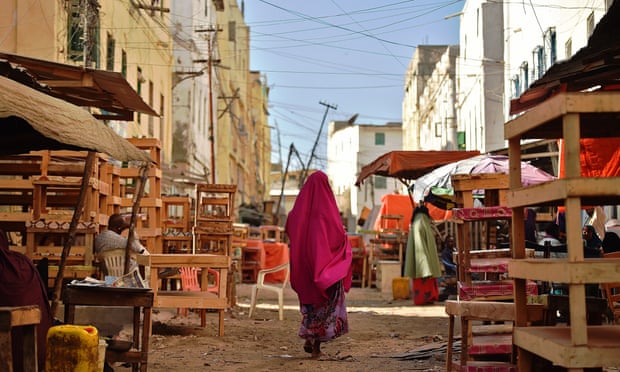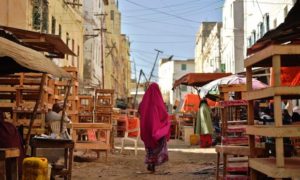British Somali teenagers are being taken back to their parents’ homeland under the pretence of a holiday and then kept in detention centres before being forced into marriages, it can be revealed.
Under the practice of dhaqan celis – loosely translated as “the rehabilitation community” – Somali children and teenagers are routinely taken to the African nation. Oncethere, they are often sent to “rehabilitation” centres.
These centres promote themselves as “re-education” schools to align young people with Somali cultural values and their Somali roots. However, the Home Office says they generally do not deliver an academic curriculum and are in fact detention centres where young people are routinely subjected to physical, sexual and mental abuse. In some cases, those held against their will are told the only way out is to get married.
David Myers, joint head of the Home Office’s forced marriage unit (FMU) in the UK, said: “What we are seeing in these communities is that young people who have antisocial behaviour issues, are getting involved in gangs and drugs, and are being sent back to Somalia by their parents for re-education and rehabilitation.
“The concept in Somali culture, dhaqan celis, means returning to the culture to help them rehabilitate and they are sent to what they call schools but what we call detention centres. We have had reports of physical abuse, mental abuse, sexual abuse within these centres, where they are kept in really strict conditions.
“These teenagers and children are told that the only way they can escape these centres is to get married to another Somalian and that is where the forced marriage element comes into it.”
The latest figures show there has been a 100% year-on-year increase in the number of forced marriage cases involving Somali children and teenagers. In 2017, the number of forced marriage cases relating to Somalia increased to 91.
Somalia has more cases than India, for example, putting it third in countries with the highest number of cases of forced marriage.
Myers said: “The Somalia case is unusual. Traditionally, when you look at these cases you always think of South Asian communities but the Somalian community is a new and emerging community in the UK and the second generation are coming of age.”
The number of cases reported to the FMU in 2017 was more than double the number received the previous year. Almost 75% of the victims, some younger than 15, were already overseas when they contacted the FMU.
There were calls from 65 females and 26 males. Of those, 23 were under the age of 15. London had the highest number of victims at 64, with seven coming from the north-west.
When the Guardian contacted a number of UK-based Somali community organisations and charities, most said they had not heard of the practice or denied that forced marriage involving British Somali nationals was taking place.







































